It’s mind-blowing how fast technology is evolving these days. We’ve already seen plenty of old inventions lose their relevance as a result, and even more everyday items we currently rely on might soon become obsolete as well. Here are a few everyday things you use now that could disappear almost entirely by 2030.
Physical Cash

While a lot of people still use cash for small purchases, digital payments like Apple Pay, Venmo, and cryptocurrency are rapidly replacing it. It’s unlikely that it’ll be retired completely anytime soon, but by 2030, cash will probably become a much rarer sight.
Paper Receipts

Paper receipts are increasingly being replaced by digital versions sent to your email or stored in apps. Many stores are moving to e-receipts as a way to cut costs and reduce waste. By 2030, you might not see that little piece of paper after a purchase anymore.
Printed Newspapers

As you might’ve noticed, the decline of printed newspapers has been ongoing for years now, with many readers preferring to go for digital subscriptions instead. This isn’t entirely without reason either, as there are also rising production costs and environmental concerns involved.
Physical Keys

This may sound like a strange one, but the tech-savvy readers among us may know that traditional metal keys are gradually being replaced by keyless entry systems, like smart locks and fobs. Sure, physical keys will probably still be around for a long time, but it’s likely they’ll be seen a bit less often by 2030.
Gas-Powered Cars
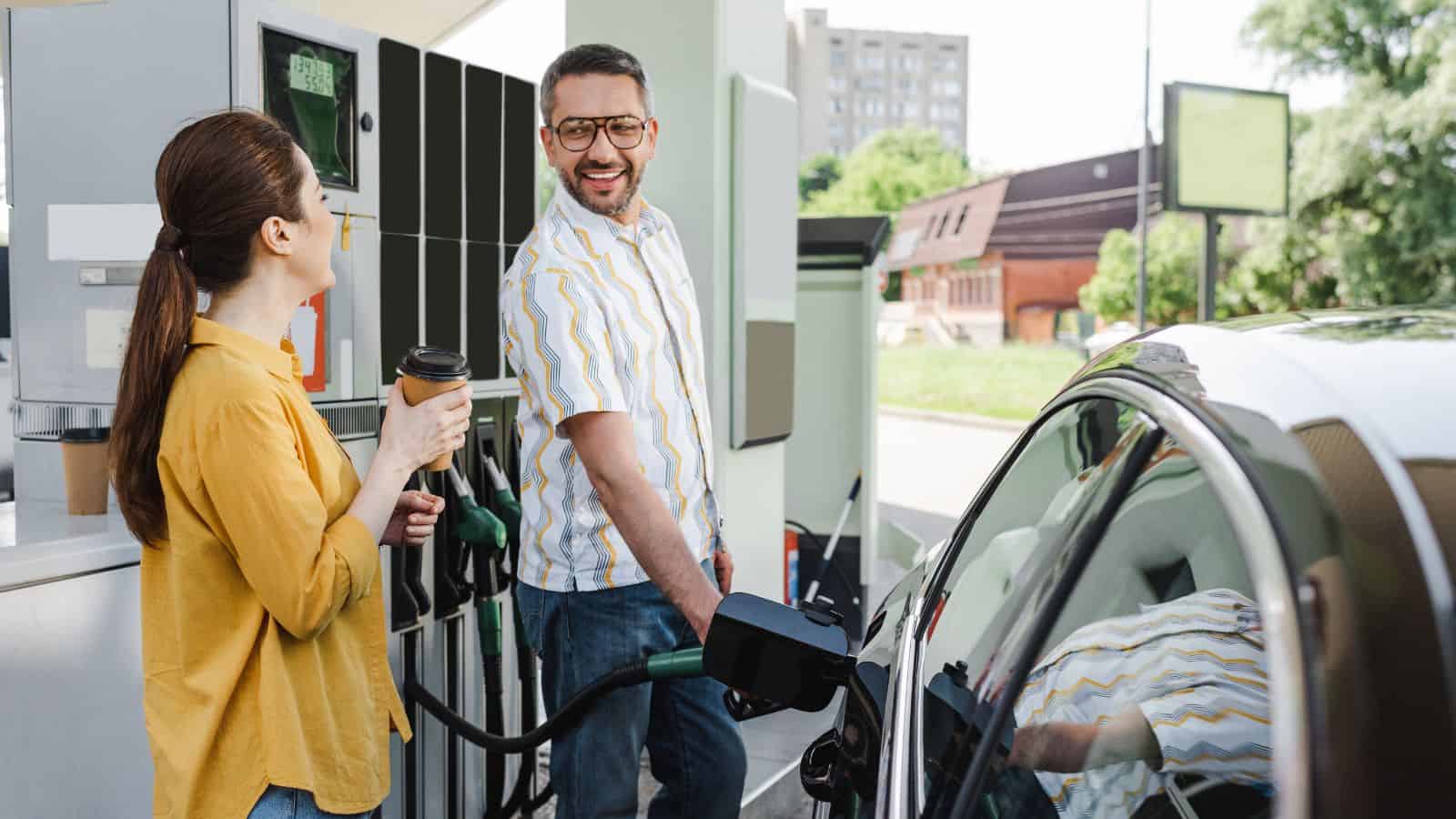
We’ve all heard that electric vehicles (EVs) are gaining popularity, and many governments are actually pushing for bans on the sale of new gas-powered cars. There are more and more charging stations popping up all over the place too, so those traditional fuel-guzzlers could be off the market almost entirely in a few years.
DVDs and Blu-rays

If you’re a movie buff, you may know that streaming platforms like Netflix and Disney+ have made physical media almost completely irrelevant. DVD and Blu-ray sales have plummeted over the past few years, and as internet speeds improve, physical discs could become totally obsolete before too long.
Landline Phones
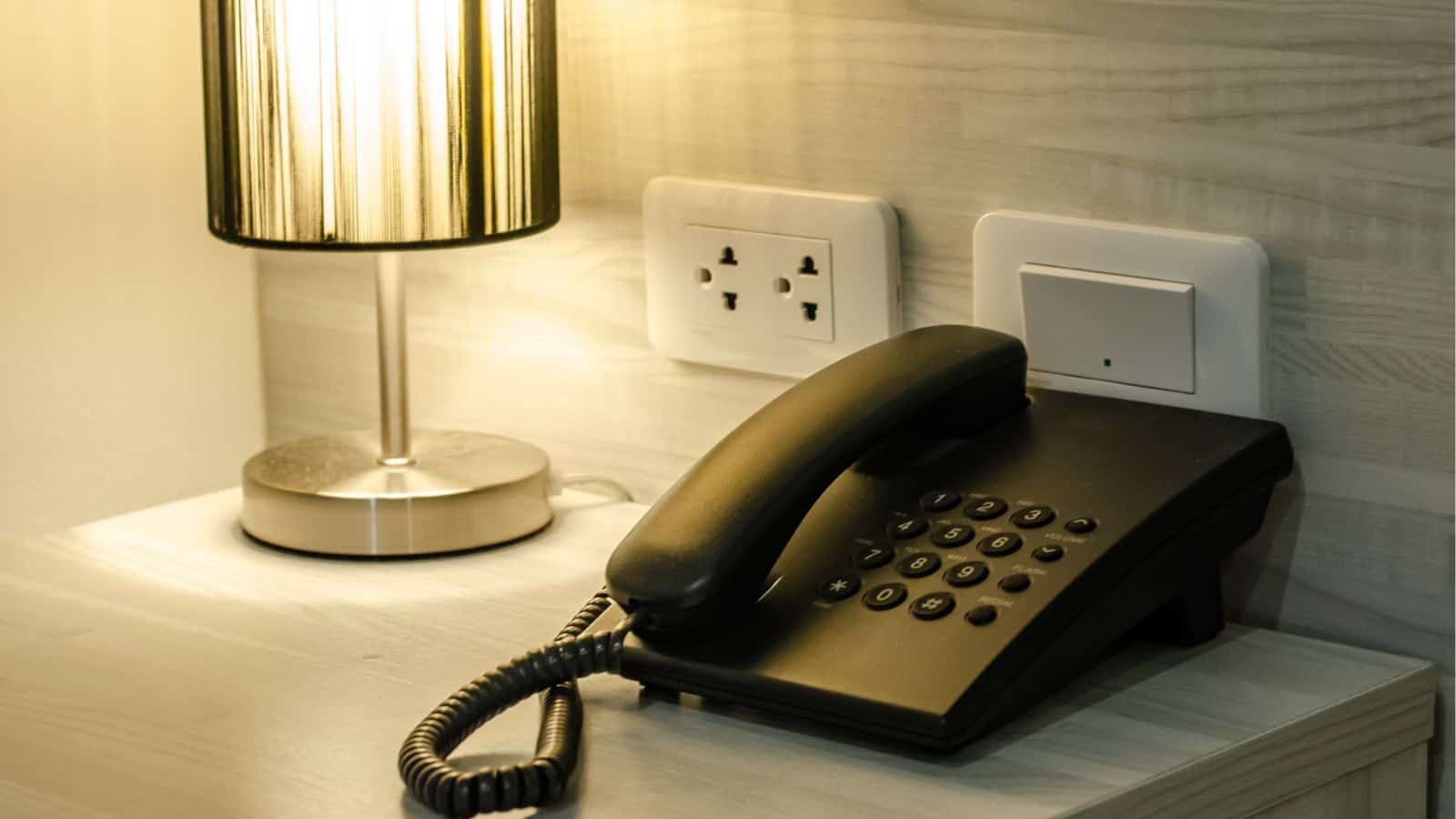
Every American home had a landline not long ago, but now they often end up gathering dust. It seems like this former household essential is already on its way out, as most people rely solely on mobile devices. By 2030, even the holdouts may cut the cord, making landlines a nostalgic relic of the past.
Manual Transmissions
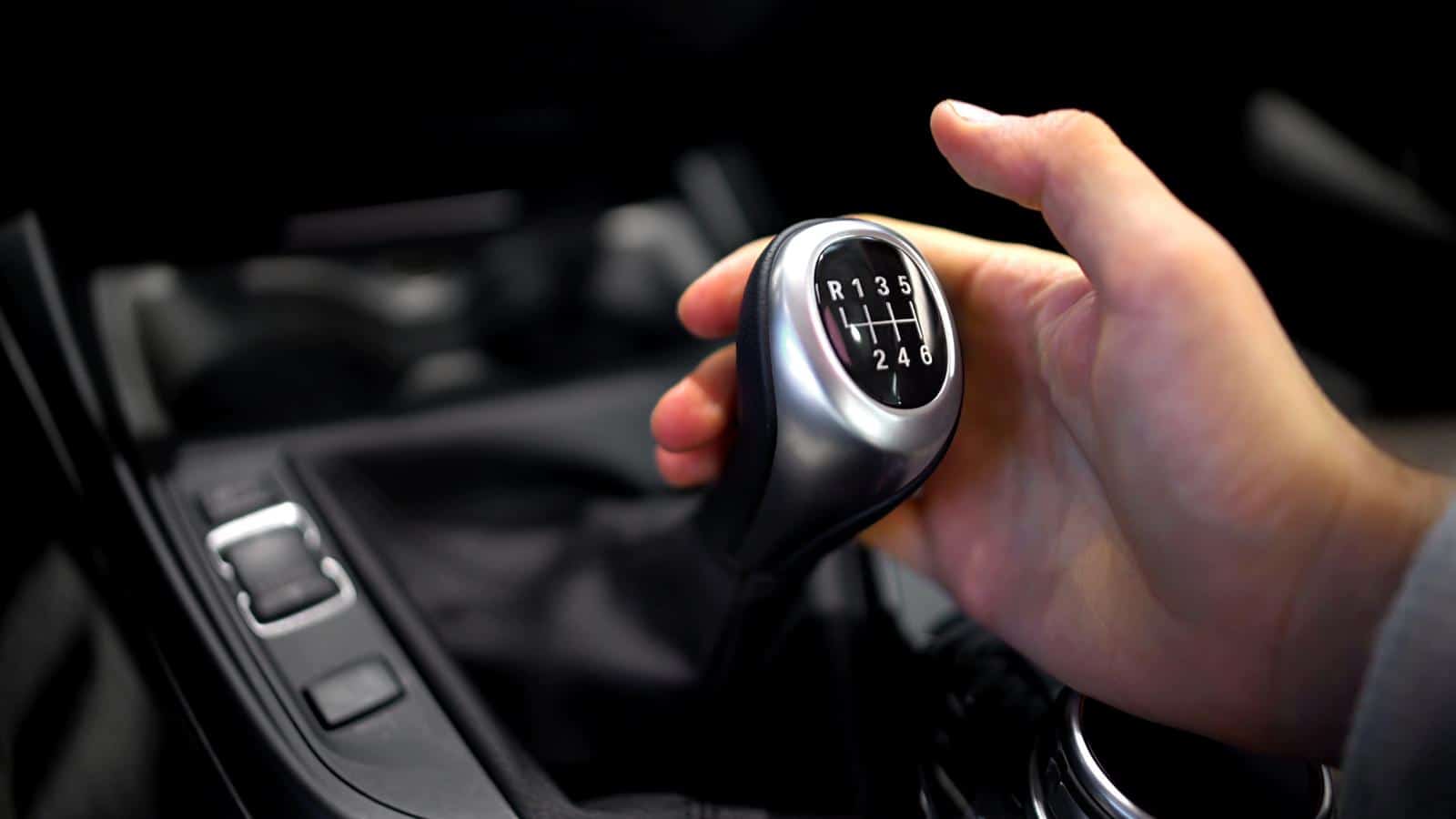
If you’re a car lover, you might’ve seen that stick-shift cars are becoming increasingly rare as automatic and electric vehicles dominate the market. Younger drivers are also a lot less likely to learn how to drive a manual car, and by 2030, the stick shift might be almost completely phased out.
Printed Maps

There’s really not much point in lugging around a huge printed map anymore, as GPS apps like Google Maps and Waze are available on every smartphone. By 2030, they could vanish pretty much entirely, leaving digital navigation the one and only way to get around.
Fax Machines
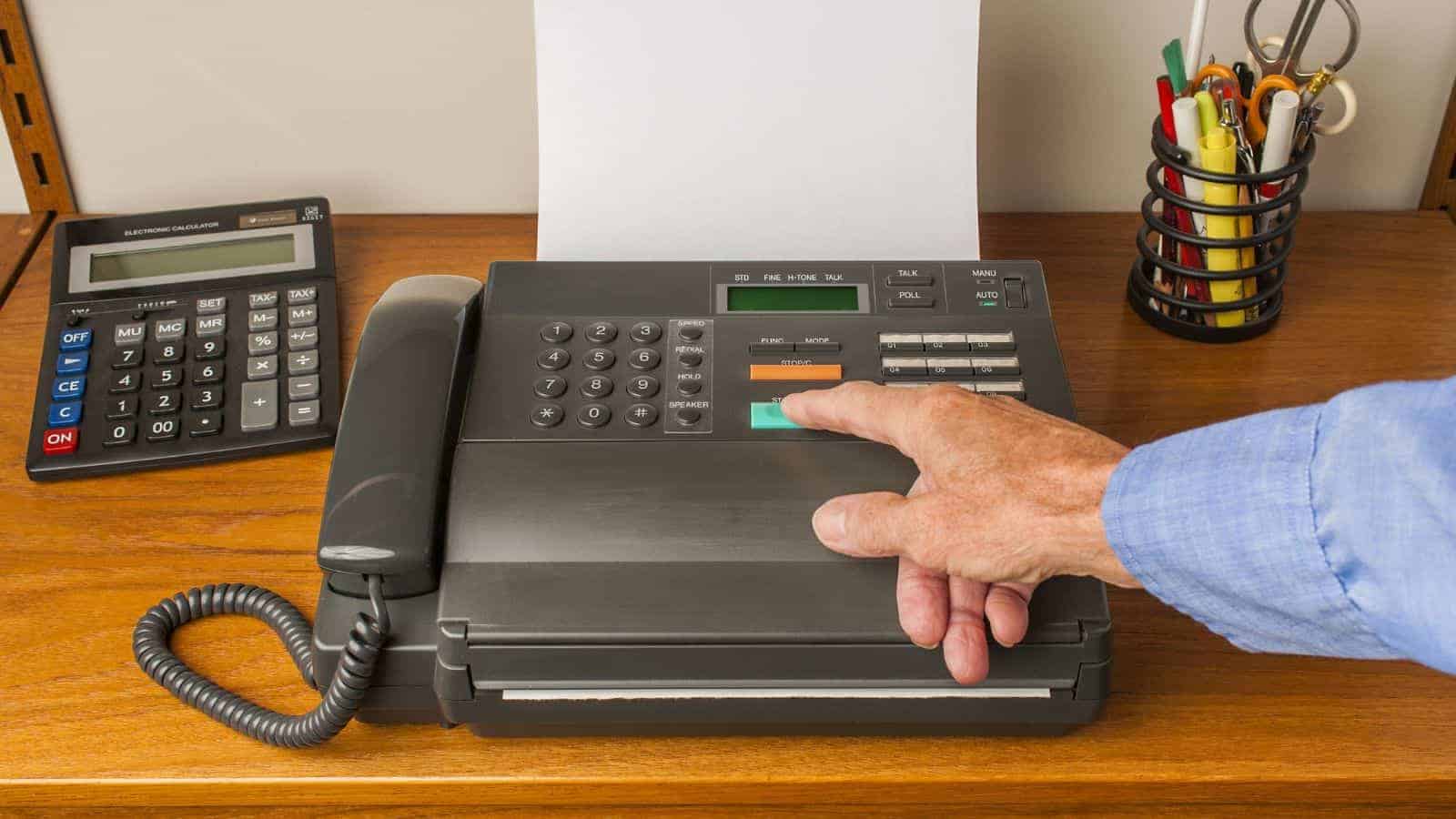
You might be surprised to learn that fax machines are still used in some industries, but email and secure digital platforms are quite clearly taking over. By 2030, this clunky office staple will likely be retired for good, as modern communication tools make it irrelevant in today’s workspaces.
Plastic Bags

It’s about time we ended our affair with single-use plastic bags, so it’s probably for the best that they’re being banned in many places due to environmental concerns. Reusable totes and biodegradable options are becoming a much more eco-friendly norm, and by 2030, plastic bags could be a distant memory.
Alarm Clocks

What’s the point in having a standalone alarm clock when you can easily set one up on your phone? Phone alarms offer plenty of customizable options and smart home integration too, so it’s likely that our bedside clocks will soon be replaced entirely.
Traditional Light Bulbs
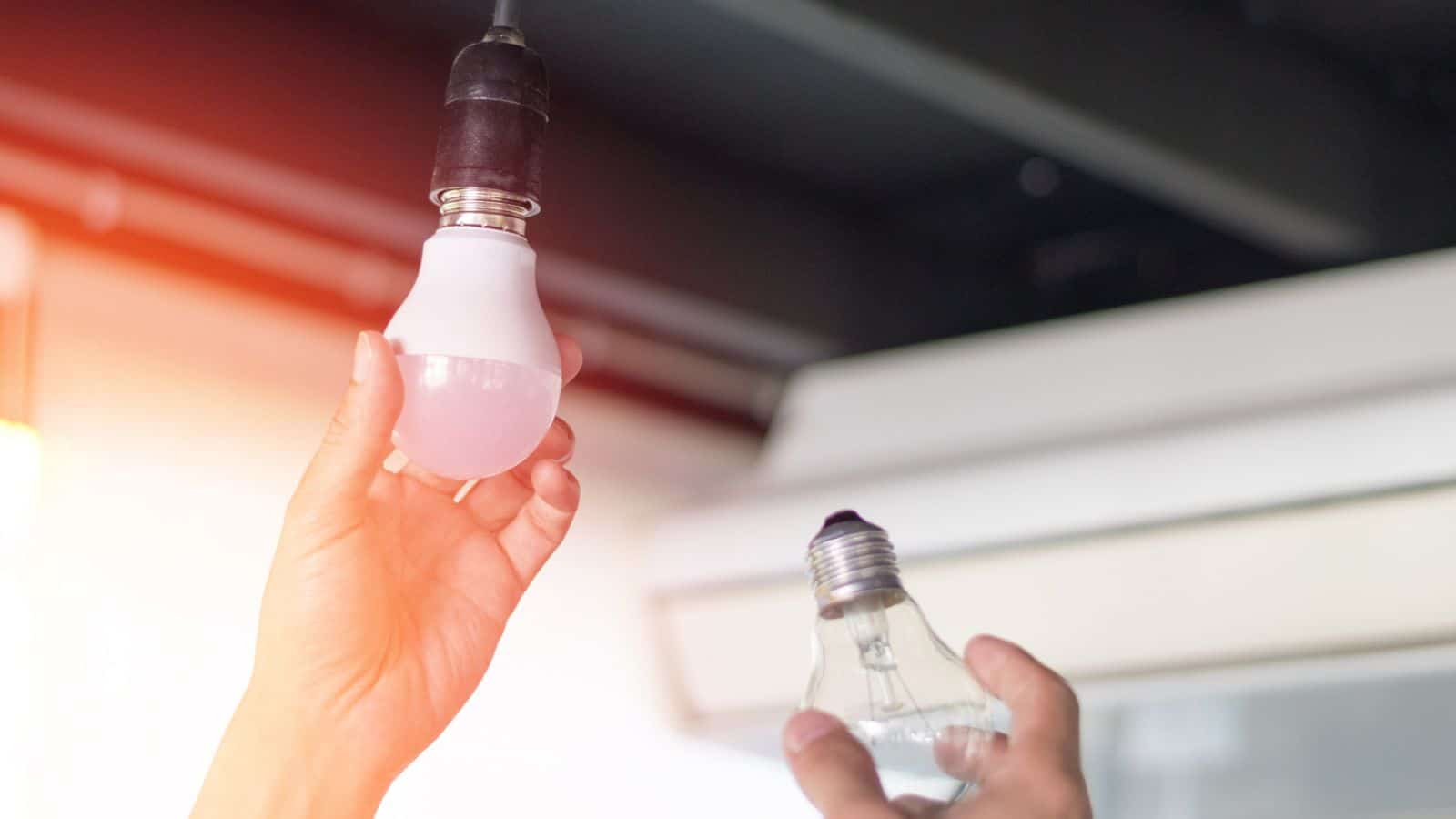
Those old incandescent bulbs are quickly being replaced by energy-efficient LEDs and smart lighting systems. Governments all over the world are phasing out traditional bulbs for good, and by 2030, these inefficient lights might be nowhere to be found.
Paper Checks
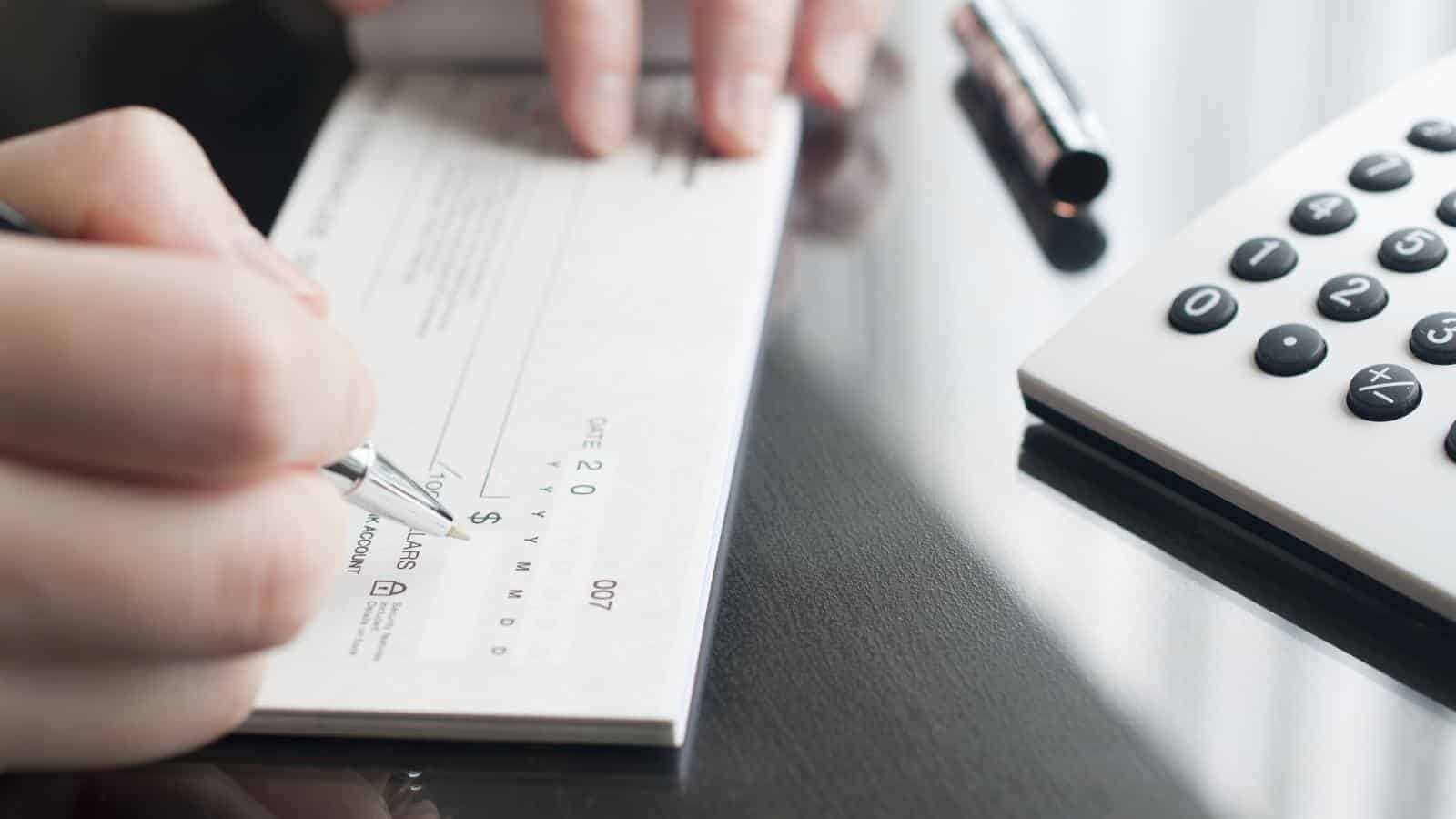
It’s mostly just the older generation keeping the tradition of writing paper checks going. While it used to be the go-to payment method, digital transfers and online banking have made them almost irrelevant. By 2030, paper checks could be pretty much gone forever.
Remote Controls
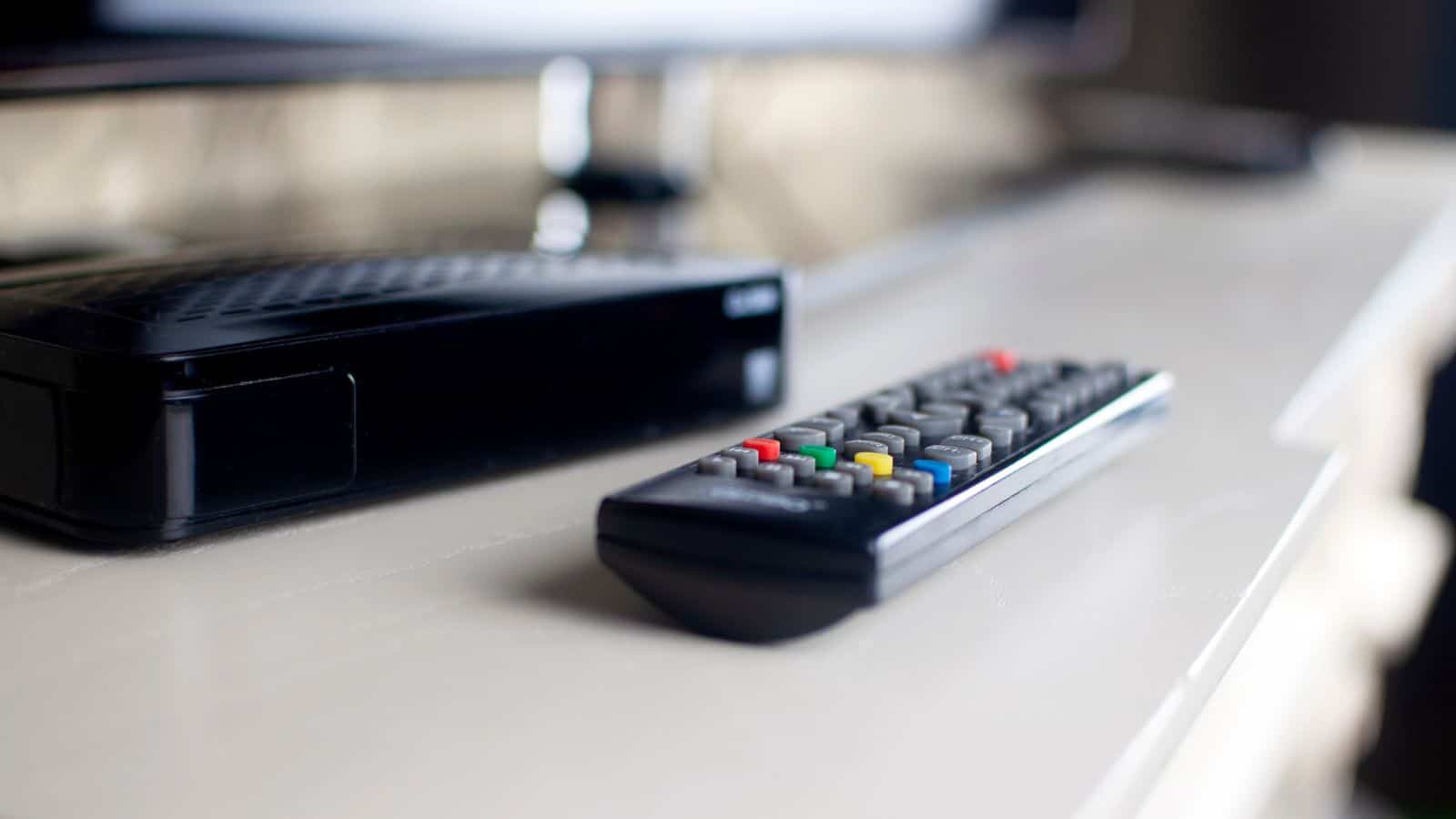
Smartphones, voice-activated assistants like Alexa, and universal apps are quite a bit more convenient than traditional remote controls, so it’s not a huge surprise that they’re taking over. By 2030, juggling all those different remotes could be a thing of the past.
Compact Digital Cameras

The cameras on our smartphones are improving in quality every single year, so compact digital cameras are becoming less necessary. Unless you’re a professional photographer, you’ll likely rely solely on your phone to capture memories by 2030.
Gas Stoves

It’s great news that governments are pushing for cleaner energy solutions, but one side effect is that gas stoves are slowly being replaced by electric and induction options. By 2030, gas stoves might be considered outdated, with modern kitchens replacing them with more efficient and eco-friendly alternatives.
Passwords
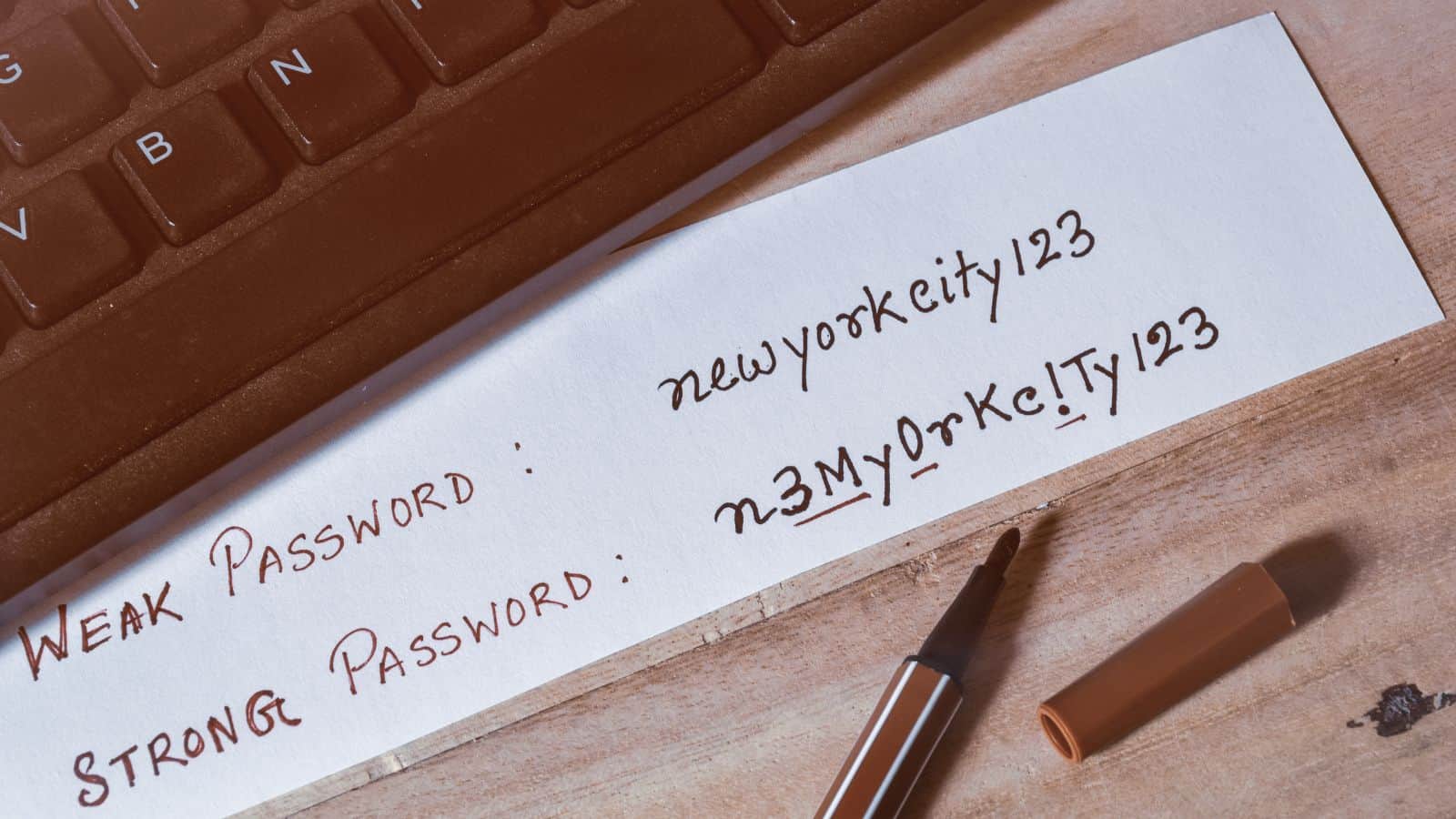
If you’re online a lot, you may have noticed that passwords are already being replaced by biometric options like fingerprint scanning and facial recognition. There have been huge advances in authentication technology, so the need to remember long strings of characters might vanish entirely by 2030.
Cable TV
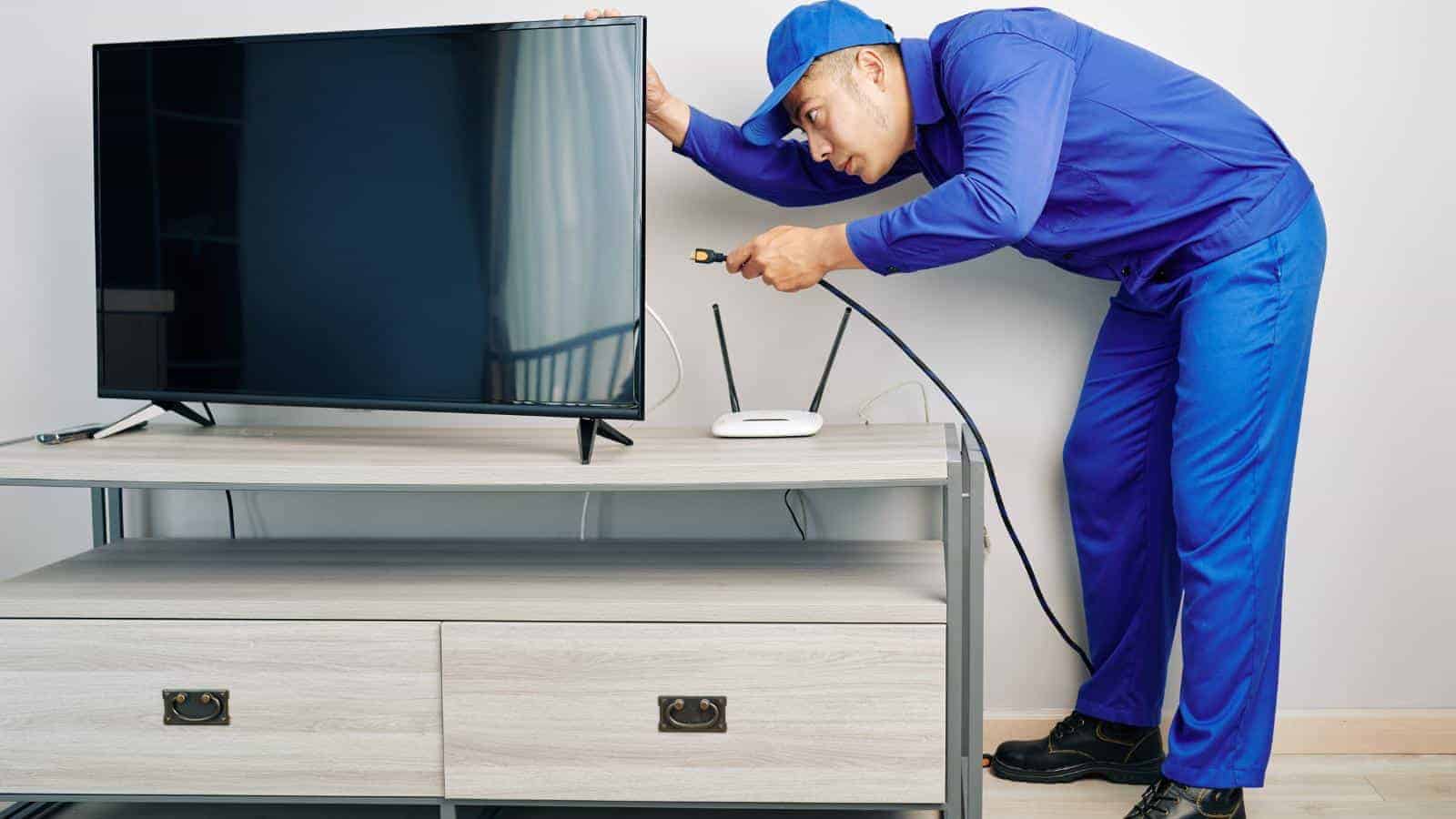
Cable TV used to be a super popular luxury, but that’s far from the case nowadays. Streaming services have really taken over traditional TV, with more and more people cutting the cord each year. By 2030, cable packages might be more or less extinct.
